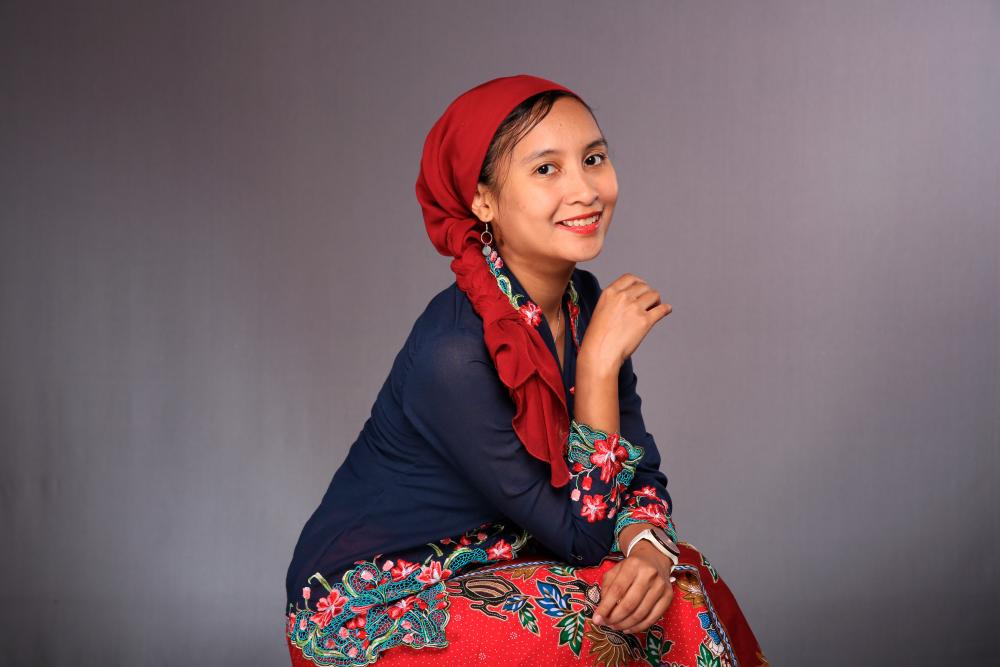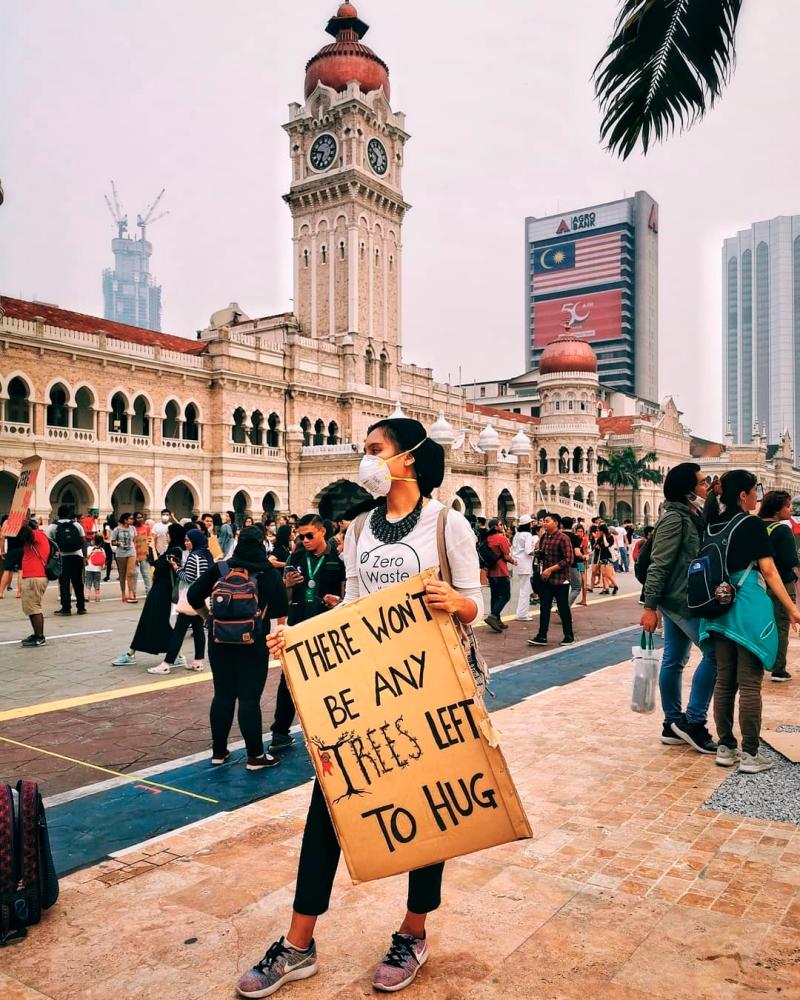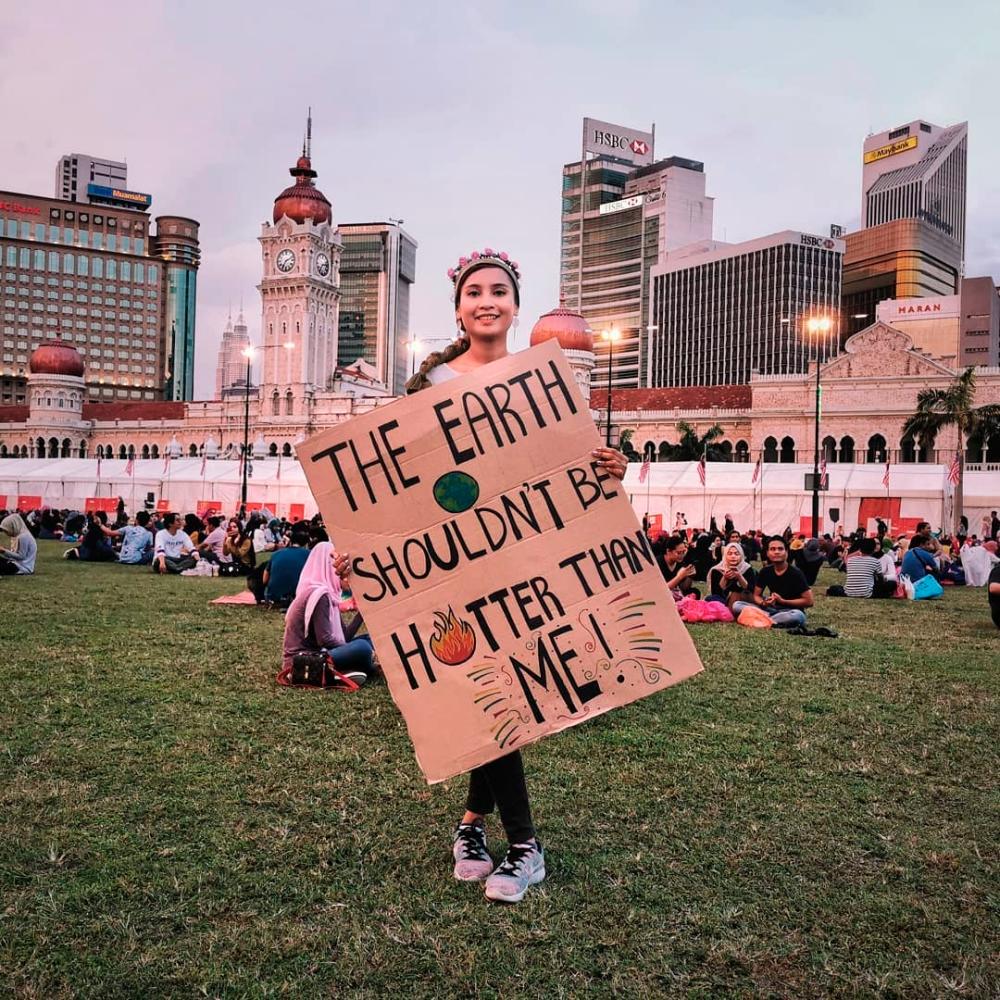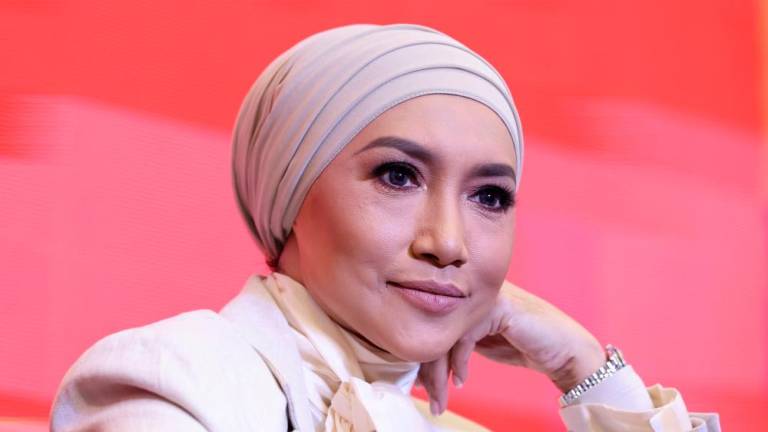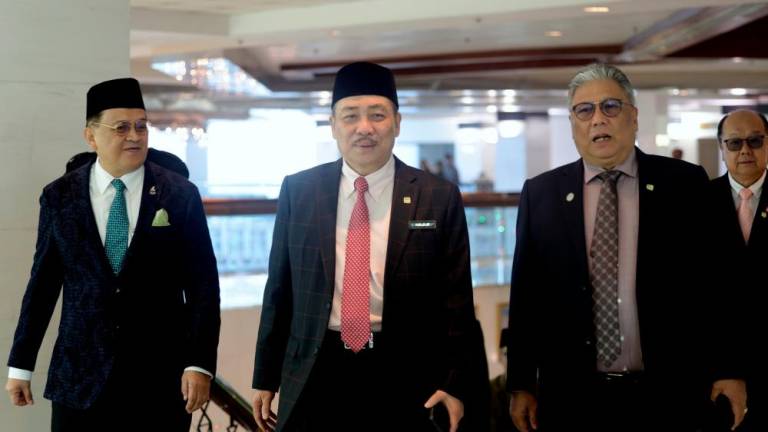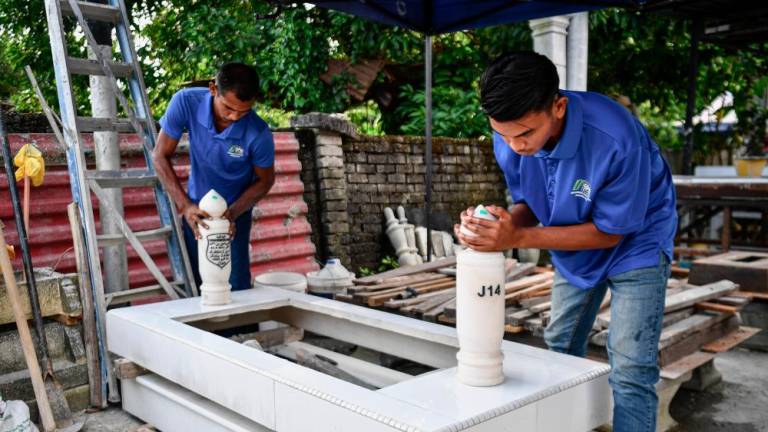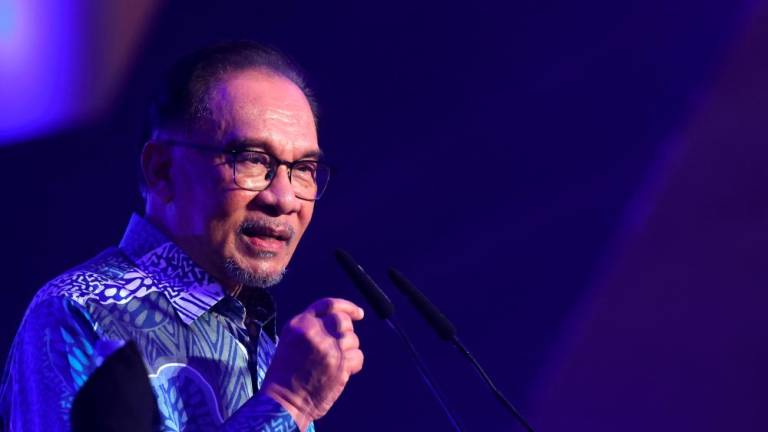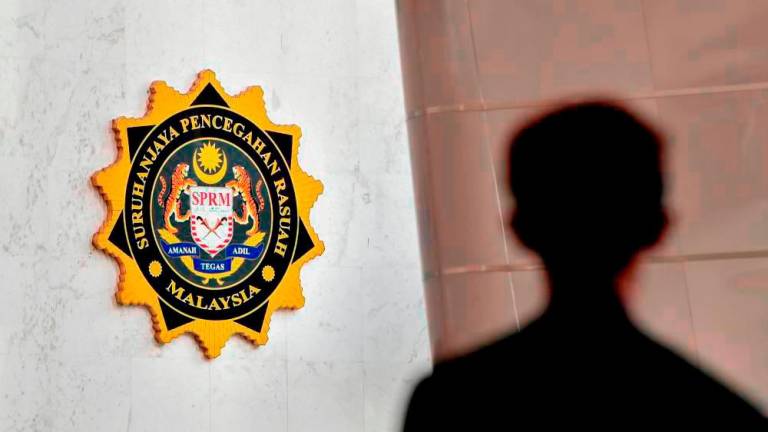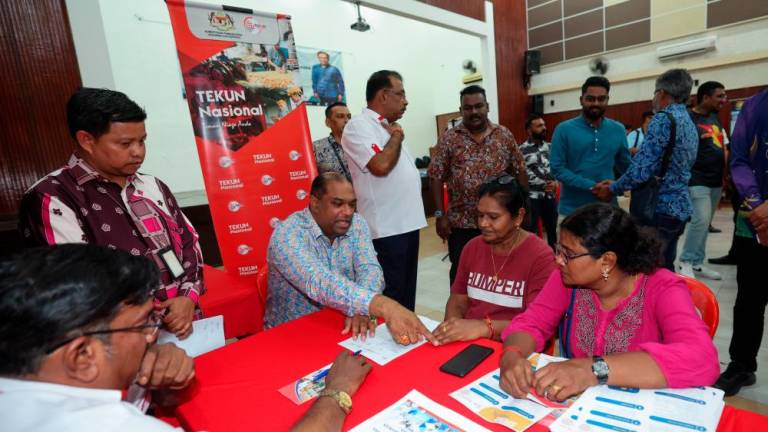WHEN Amalina Ariffin was 15, she attempted to establish an environmental club called Save Mother Nature Club in her high school, writing letters seeking permission from the school management. And at 17, she created a petition for the disciplinary teacher to return all confiscated items to school graduates, and managed to get all her batchmates to sign it.
She shares: “I guess one could say that I was a tough kid to handle. Obviously, they didn’t take me seriously, and I suppose it left a bit of resentment in me.”
From then on, Amalina made a promise to herself that if she had the power to make decisions and spark change, she would uplift and empower the youth, by providing them with the skills and tools to undertake their own initiatives instead of turning them down.
“The youth are constantly given little credit for their idealism. But it is through their fresh perspective that they can suggest creative and innovative solutions to community challenges,” she adds.
“Why not provide them with a supportive ecosystem if they want to do something good for the community?”
Amalina cited a quote by the late American politician and educator Shirley Chisholm: “If they don’t give you a seat at the table, bring a folding chair.”
Amalina now works at the US Embassy in Kuala Lumpur as the programme coordinator of the Young Southeast Asian Leaders Initiative (YSEALI), a programme that strengthens leadership development and networking within the Asean countries and Timor Leste.
In 2015, she joined the YSEALI Academic Fellowship in Hawaii, where she later received the YSEALI Seeds for the Future grant to co-found Chili Padi Academy, an environmental accelerator for high school students.
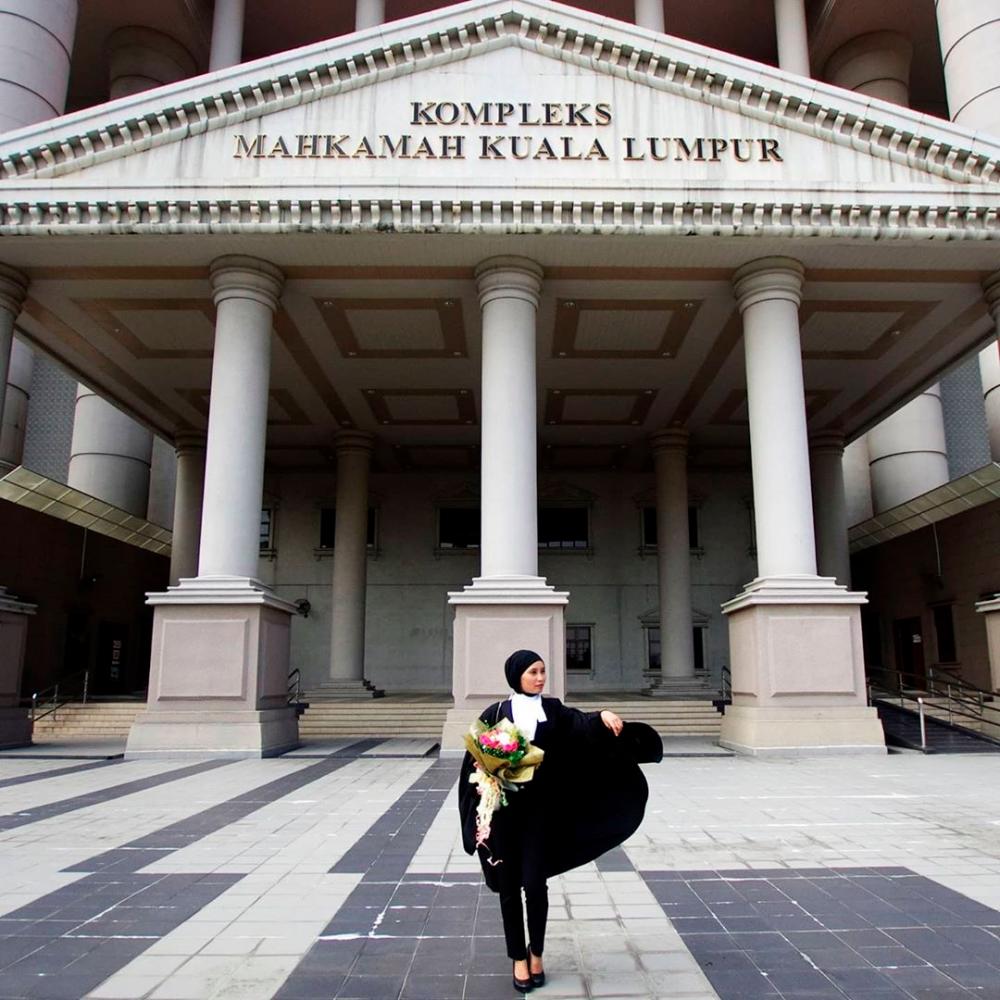
Given your background in law, particularly in criminal and civil litigation, how do you think it has informed what you do today?
“It helps me develop a critical mindset, and helps me look at things from various perspectives. My bosses in my previous law firm taught me to be resilient in my causes, because lawyers fight to win and will not quit when the going gets tough.
“As a student, I participated in mooting and client consultation competitions, so I understand the importance of building a good rapport with stakeholders and communicating difficult and technical concepts to different audiences in ways that is digestible and concise.”
How does YSEALI introduce cross-border cooperation to solve regional and global challenges through youth?
“We do that through exchange programmes to the United States, regional workshop across Southeast Asia and YSEALI Seeds for the Future grant funding.
“We also have the YSEALI Boot Camp exclusively for Malaysians, focusing on issues relating to civic engagement, and to empower them to create their own initiatives.
“What I hope for the participants is that they’ll learn valuable skills that could be implemented in their respective projects, and for them to develop long-term engagement through meaningful connections and friendships.”
You co-founded Chili Padi Academy in 2015, but left the organisation in 2017. Why was the decision made?
“It was a painful decision because it was something very personal for me. However, I always believe that the cause that I’m fighting is bigger than I as an individual. I don’t expect to be able to solve climate change, gender equality or systemic racism within my lifetime, but I’ll surely fight for what I believe in.
“To ensure sustainability, it’s important for me to step down and let the future generation take over. Because of this model, we have alumni from the Chili Padi Academy running the workshop because they went through it, they know what is best for the initiative based on their personal experience.
“Chili Padi Academy is now in its fifth year, and it wouldn’t have been as successful if I had not allowed the future generation to take over.”
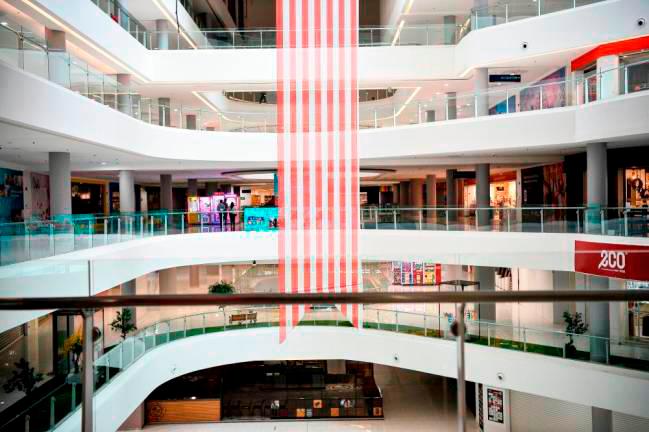
Are there ever times when limiting or removing young people’s choices actually empowers them?
“I don’t doubt that there will be times when the youth also have dissenting opinions against my views, but limiting or removing their choices is not the best decision under the guise of empowerment. This has been a tactic of many people in power, thinking that they are acting in the best interest of the youth when limiting their voices.
“I think this reflects poorly [on them] because it shows that they could not handle criticism from the youth.
“If I disagree with anyone, I’d be more interested in understanding their perspective and helping them understand mine. Suppressing one side of the argument will not solve the problem, but rather will build resentment.”
How do we place young people at the heart of the decision making processes?
“The youth should not expect that everyone is going to roll out the red carpet and will be keen to hear their opinions.
“I believe that there needs to be a level of hunger and passion for change among the youth, in whatever cause they’re passionate about, and to expose them to as many things at once and become proactive in their actions instead of waiting for an invitation.
“They should look beyond what is happening on school grounds and on campus, and share their thoughts and opinions in places that matter.
“I think we need to normalise that, where we bring our younger family members to town halls, public forums for them to participate in discourses.”
What keeps you going when things get tough?
“Due to the pandemic, a lot of my professional work has been put on hold and others take place virtually.
“As much as I admire how adaptable our society is, it has become increasingly difficult to be contained in our respective homes and to face Zoom fatigue.
“I’ve taken this opportunity to focus on my personal development. And I’m just thankful that I’m surrounded by my loved ones and this reminds me that we need to cherish whatever moment we have.”



